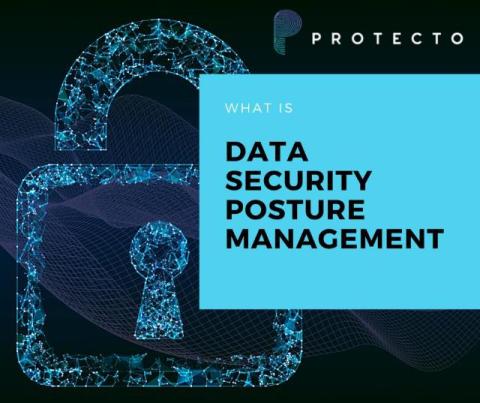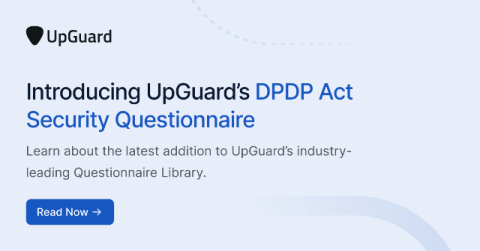CASB Requirements: What You Need to Know to Secure Your Cloud
In the modern cloud landscape, the question isn’t whether or not you need a cloud access security broker (CASB) — it’s how to choose the right one and implement it effectively. Malicious attacks are on the rise, and so are remote and hybrid workforces, making it more important than ever to be proactive about data security.











